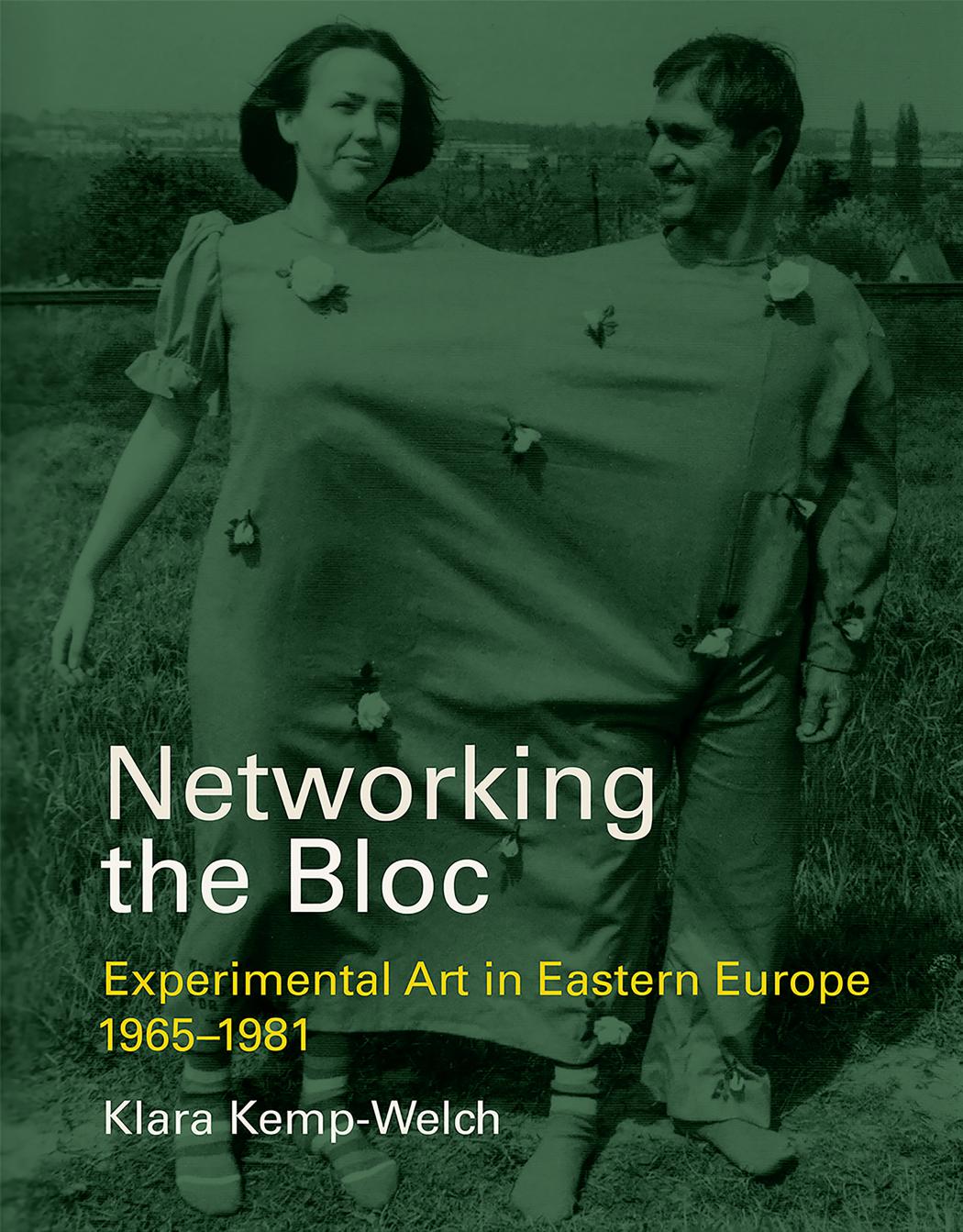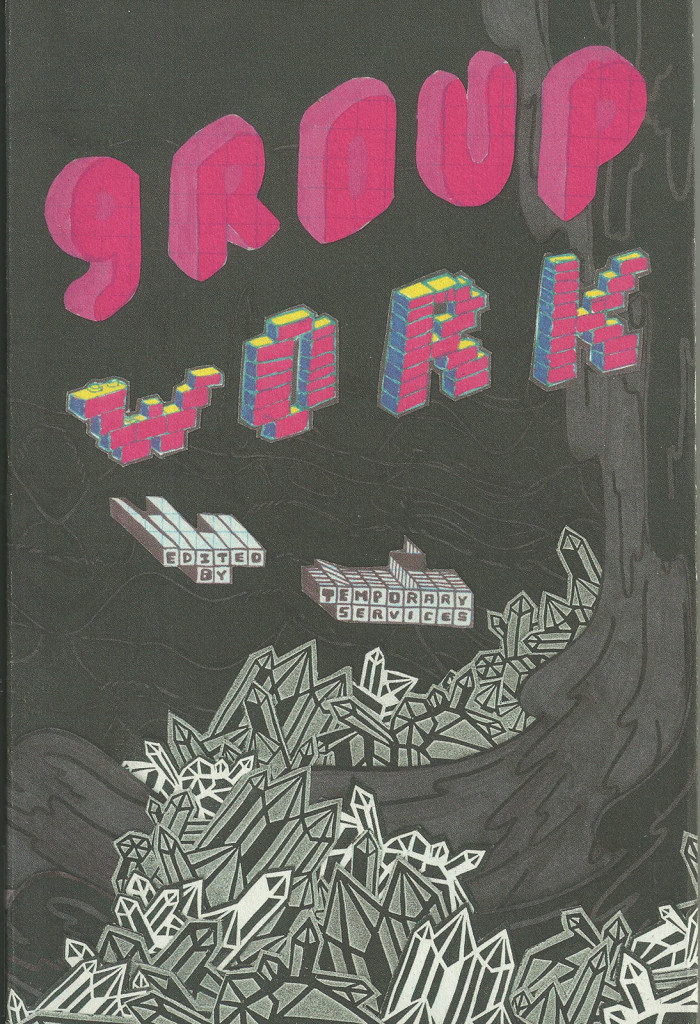Jennifer Iverson: Electronic Inspirations: Technologies of the Cold War Musical Avant-Garde (2018)
Filed under book | Tags: · avant-garde, cold war, collaboration, cultural history, electroacoustic music, electronic music, information theory, music history, technology

“Cold War electronic music—made with sine tone and white-noise generators, filters, and magnetic tape—was the driving force behind the evolution of both electronic and acoustic music in the second half of the twentieth century. Electronic music blossomed at the Westdeutscher Rundfunk (WDR [West German Radio]) in Cologne in the 1950s, when technologies were plentiful and the need for cultural healing was great. Building an electronic studio, West Germany confronted the decimation of the “Zero Hour” and began to rebuild its cultural prowess. The studio’s greatest asset was its laboratory culture, where composers worked under a paradigm of invisible collaboration with technicians, scientists, performers, intellectuals, and the machines themselves. Composers and their invisible collaborators repurposed military machinery in studio spaces that were formerly fascist broadcasting propaganda centers. Composers of Cold War electronic music reappropriated information theory and experimental phonetics, creating aesthetic applications from military discourses. In performing such reclamations, electronic music optimistically signaled cultural growth and progress, even as it also sonified technophobic anxieties. Electronic music—a synthesis of technological, scientific, and aesthetic discourses—was the ultimate Cold War innovation, and its impacts reverberate today.”
Publisher Oxford University Press, New York, 2018
The New Cultural History of Music series
ISBN 9780190868192, 0190868198
xi+303 pages
Reviews: Lucie Vágnerová (Integral, 2019), Ted Gordon (Current Musicology, 2019), James Davis (Music & Letters, 2019), Maurice Windleburn (Sound Studies, 2020).
PDF (32 MB)
Comment (0)Klara Kemp-Welch: Networking the Bloc: Experimental Art in Eastern Europe 1965-1981 (2019)
Filed under book | Tags: · 1960s, 1970s, art history, avant-garde, central europe, cold war, collaboration, community, conceptual art, documentation, east-central europe, eastern europe, experimental art, language, mail art, neo-avant-garde, networks, performance art

“Throughout the 1970s, a network of artists emerged to bridge the East-West divide, and the no less rigid divides between the countries of the Eastern bloc. Originating with a series of creative initiatives by artists, art historians, and critics and centered in places like Budapest, Poznań, and Prague, this experimental dialogue involved Western participation but is today largely forgotten in the West. In Networking the Bloc, Klara Kemp-Welch vividly recaptures this lost chapter of art history, documenting an elaborate web of artistic connectivity that came about through a series of personal encounters, pioneering dialogues, collaborative projects, and cultural exchanges. Countering the conventional Cold War narrative of Eastern bloc isolation, Kemp-Welch shows how artistic ideas were relayed among like-minded artists across ideological boundaries and national frontiers.
Much of the work created was collaborative, and personal encounters were at its heart. Drawing on archival documents and interviews with participants, Kemp-Welch focuses on the exchanges and projects themselves rather than the personalities involved. Each of the projects she examines relied for its realization on a network of contributors. She looks first at the mobilization of the network, from 1964 to 1972, exploring five pioneering cases: a friendship between a Slovak artist and a French critic, an artistic credo, an exhibition, a conceptual proposition, and a book. She then charts a series of way stations for experimental art from the Soviet bloc between 1972 and 1976—points of distribution between studios, private homes, galleries, and certain cities. Finally, she investigates convergences—a succession of shared exhibitions and events in the second half of the 1970s in locations ranging from Prague to Milan to Moscow. Networking the Bloc, Kemp-Welch invites us to rethink the art of the late Cold War period from Eastern European perspectives.”
Publisher MIT Press, 2019
ISBN 9780262038300, 0262038307
xi+468 pages
Reviews: Cristian Nae (ARTMargins, 2019), Denisa Tomkova (H-Net, 2020), Henry Meyric Hughes (Critique d’art, 2020).
PDF (17 MB)
Comment (0)Temporary Services (ed.): Group Work (2007)
Filed under book | Tags: · art, art history, collaboration

“Based on a pamphlet published by Temporary Services in 2002 titled Group Work: A Compilation of Quotes About Collaboration from a Variety of Sources and Practices, this publication provides a multitude of perspectives on the theme of Group Work by practitioners of artistic group practice from 1960s to the present.
The publication presents interviews with Canadian collective General Idea; Chicago collective Haha; the dutch punk band The Ex; the Vienna-based Wochen Klausur; Croatian curatorial group What, How & for Whom (WHW); Funkadelic album designer Pedro Bell; and Political Art Documentation/Distribution (PAD/D); along with essays on The Abortion Counseling Service of the Chicago Women’s Liberation Union (better known as Jane) and the anarchist Guerilla street theater group The Diggers. A list of words used to describe group practices and a working list of hundreds of collectives from the last four decades rounds out the publication.”
Publisher Printed Matter, New York, 2007
ISBN 9780894390241, 0894390244
112 pages
via editors, HT falprit

